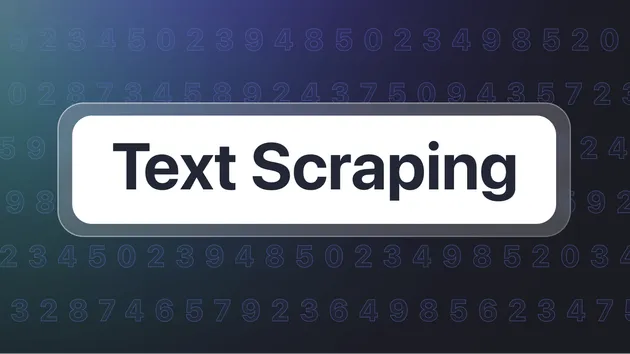Readability Analyzer
Pricing
Pay per event
Readability Analyzer
Instantly analyze readability in text and files (.txt, .pdf, .docx). This advanced tool scores your content with multiple metrics like Flesch-Kincaid, highlights hard-to-read sentences, and provides full text statistics. Perfect for SEO, content marketing and effective communication.



